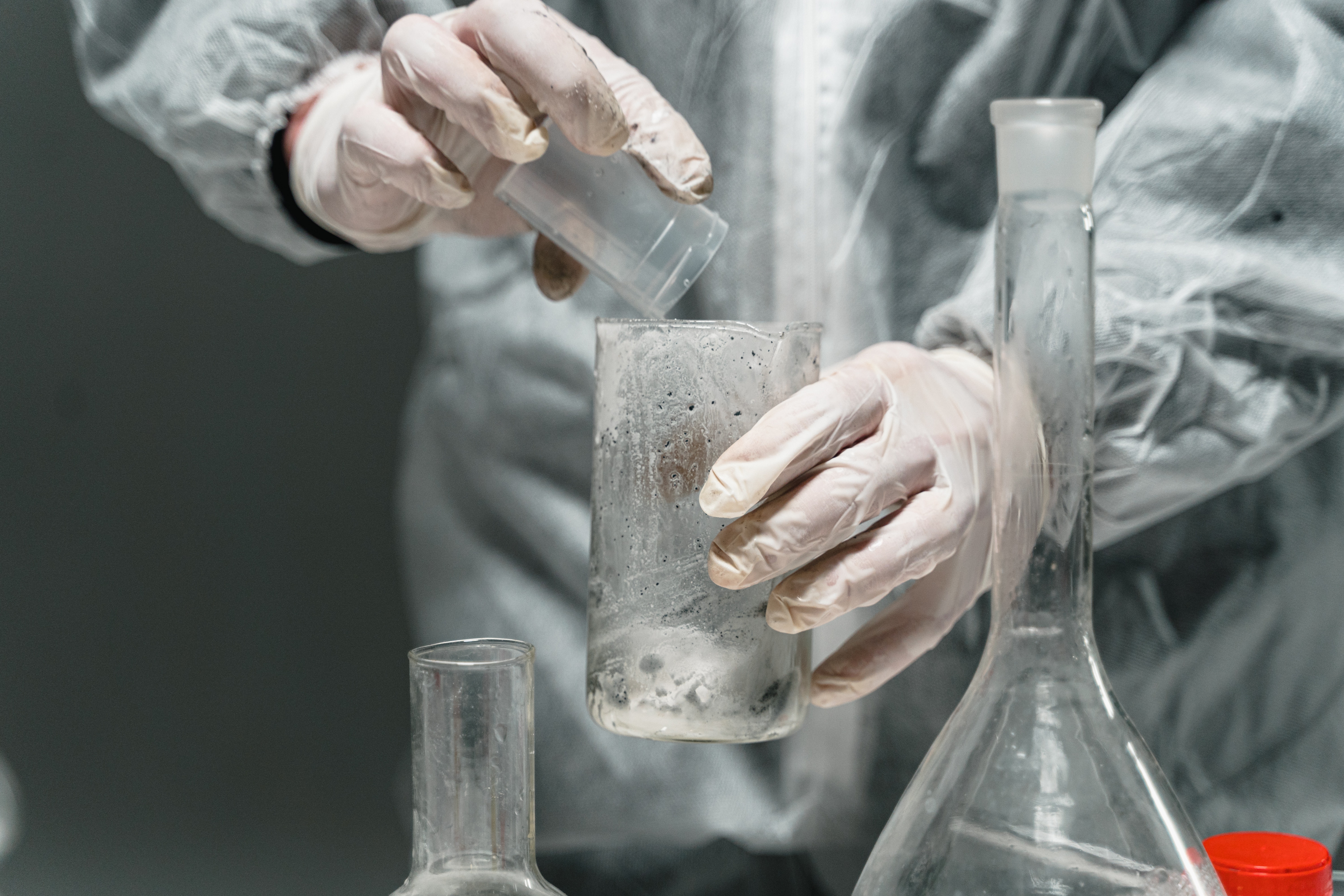Over the past decade, the pharmaceutical industry has been undergoing a massive transformation. This shift has been driven by a combination of new technologies, changing regulations, and increased competition. As a result, pharmaceutical companies are now competing on multiple fronts to stay ahead of the curve and remain competitive in an ever-evolving market. Let’s take a look at some of the ways that this transformation is playing out.
The Impact of Technology
Technology has had a profound impact on the pharmaceutical industry. In recent years, companies have adopted advanced technologies such as big data analytics and artificial intelligence (AI) to improve their research and development processes. For example, AI can be used to identify potential targets for drug discovery more quickly and accurately than ever before. Additionally, AI-based systems allow researchers to analyze large datasets that would otherwise be too complex for traditional methods.
At the same time, technological advancements are also having an impact on how drugs are produced and distributed. Automation has become increasingly commonplace in manufacturing plants, allowing companies to reduce production costs while increasing efficiency. Moreover, cloud computing has made it easier for companies to securely store and share sensitive data with partners around the world.
Regulatory Changes
In addition to technological advancements, regulatory changes have also had an impact on the pharmaceutical industry in recent years. Governments around the world have implemented stricter regulations governing drug safety and efficacy standards as well as pricing structures. These regulations have made it increasingly difficult for companies to develop and market new drugs without facing significant hurdles along the way.
At the same time, governments have also begun encouraging greater collaboration between different stakeholders in order to speed up drug development processes while ensuring quality control throughout each stage of production. This is especially true in countries like China where regulators are seeking to attract foreign investment from multinational companies by offering financial incentives for joint ventures or partnerships within certain industries such as biopharmaceuticals or medical devices.
The pharmaceutical industry is undergoing a major transformation fueled by technology advances, regulatory changes, and increased competition among global players looking for growth opportunities in emerging markets like Asia Pacific or Latin America regionally or globally respectively. Companies must remain agile and adaptable if they want to remain competitive in this ever-changing landscape. By leveraging new technologies such as big data analytics and artificial intelligence (AI), partnering with other stakeholders around the world, and staying compliant with evolving regulatory standards, pharmaceutical companies can position themselves for success both now and in the future.






